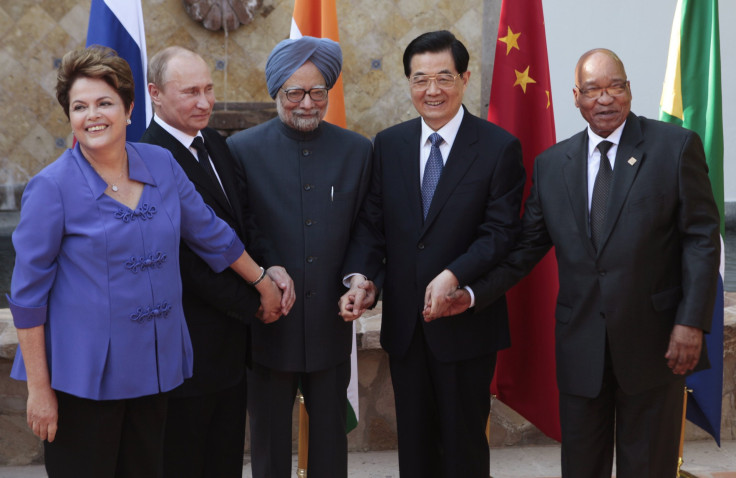A Boon For BRICS: Security Vehicle Deal Links Brazil To South African Defense Company

South African company Paramount Group has won an international bid to supply security vehicles to Rio de Janeiro, Brazil.
The South American country has agreed to purchase a shipment of Paramount’s Maverick security vehicles, which are designed for use by security forces. The number of vehicles and terms of the sale remain undisclosed. Brazil is keen to beef up its security ahead of the world's two biggest sporting events scheduled to take place there: the Fifa World Cup in 2014 and the Summer Olympics of 2016.
Paramount Group is the largest privately owned defense and aerospace company in Africa.
“Sharing defense and security equipment represents a new level of international trade co-operation and this announcement not only demonstrates strengthened alliances between Africa and Brazil but the unity of the BRICS alliance,” said Paramount Chairman Ivor Ichikowitz, according to New Business Ethiopia.
“Paramount Group is very proud to have been selected to support the government in this important role and is looking forward to being part of the growth of this dynamic country.”
South Africa joined BRIC, a select group of populous nations with fast-growing economies, in 2010. Along with Brazil, the others are Russia, India and China.
Only a decade ago, the BRICS were expected to become drivers of global trade and explosive growth. Those aspirations have not yet materialized.
South Africa -- by far the smallest of the BRICS -- grew by just 2.5 percent last year. China’s full-year GDP growth in 2012 was 7.8 percent, the weakest it’s been since 1999. Russia saw 3.4 percent growth last year, the lowest figure since 2009. India saw 6.2 percent growth, and Brazil had a measly 0.9 percent.
Ichikowitz argued in a blog post last week that industrialization and greater international trade will be the key to progress -- not just for the faltering BRICS, but for all the economies of sub-Saharan Africa. “Increasingly, common markets will develop informally but the greatest growth will be seen among the proactive nations who initiate new trade agreements quickly,” he wrote.
© Copyright IBTimes 2024. All rights reserved.





















